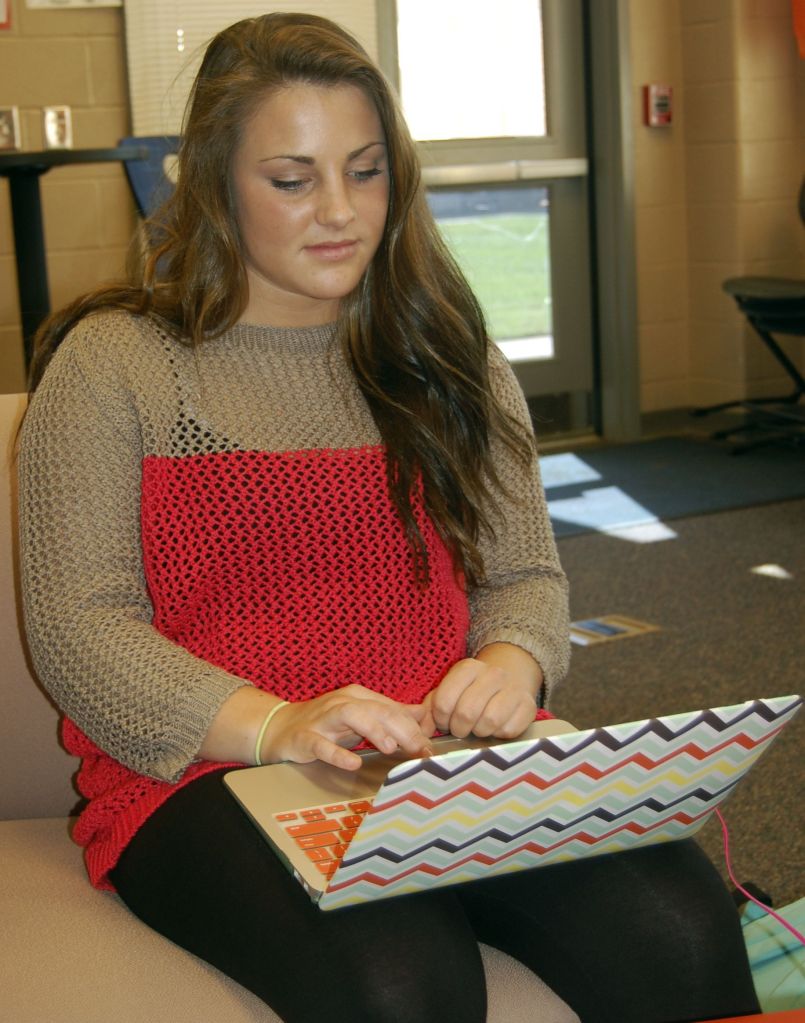Getting a head start High schoolers take RCCC classes for free
Published 12:00 am Thursday, October 9, 2014
Most people probably know that students in Rowan County can get a head start on their college career at Rowan-Cabarrus Community College through Rowan County Early College, but few realize even students at traditional high schools can also take classes for free.
“The goal is for them to take classes that are really going to set them up and give them a head start on their degree or their career path,” Dina Harkey, the college’s director of admissions and enrollment management.
“It’s a real college class. It gives you a better sense and preparation for four-year school,” said Paula Dibley, director of college relations, marketing and communications.
Whether their goal is to get general education classes out of the way before attending a four-year college, or they want to work toward a technical career in cosmetology or motorsports management, Rowan-Cabarrus’ Career and College Promise program allows high school juniors and seniors to simultaneously earn high school and college credit.
Classes like public speaking, American literature, calculus, American history, psychology, biology and physics will transfer into state colleges.
This opportunity isn’t just available to public school students, but to those who attend private or home schools as well.
Students must have a weighted grade point average of a 3.0 or higher and a demonstrated readiness on an approved placement test. Those who are going the technical route should at least have a 2.6 grade point average.
“This is college-level work. If you’re sitting in a class, you’re going to be a college student,” Harkey said.
Classes are held online, or at the college’s north or south campuses in Salisbury and Kannapolis, and are weighted similarly to honors or Advanced Placement classes on the high school level.
Harkey said the online classes are especially popular, because “transportation can be an issue.”
Rachel Berg is a counselor at Northwest Cabarrus High School. Not only does she encourage her students to participate in Career and College promise, but her son as well.
“It is definitely a growing program,” she said, adding that it’s probably tripled in numbers over the past two to three years.
She said the classes are especially helpful for college-bound students who are still trying to figure out what they want to study, or for those who may not be exposed to information about college at home.
“A lot of these students really like the idea of knocking out a college course before they get to college,” Berg said. “It shows rigor on their transcript.”
Berg said the academic rewards aren’t the only advantages of the program.
“I’m saving $6,000, and that doesn’t even include his textbooks. He will already have 42 credits done,” she said. “As a parent, I am 150 percent in support of this program.”
In order to receive college credit for advanced placement classes, students have to pass an exam at the end of the class. Different schools accept different scores.
“Those AP tests are taught locally, but they’re tested nationally,” Harkey said, adding that you can never predict if what the teacher is teaching is aligned with the national exam. “With Career and College Promise, your credit is based off what your grade is in the entire class,” Harkey explained.





